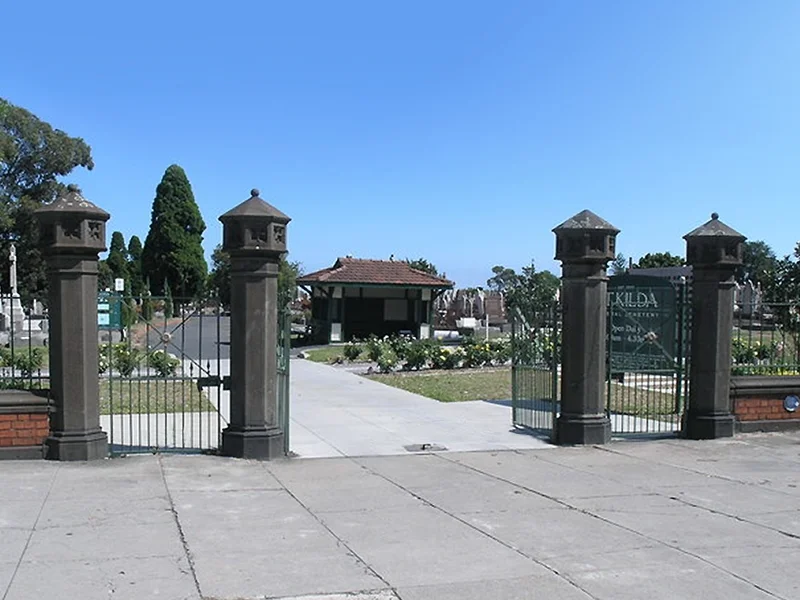Life planning for yourself or a loved one

When a loved one passes, it often significantly impacts the people around them. In these challenging times, emotions and overall happiness can be tested. If you require immediate bereavement support, visit our resources page for helpful information or contact our Centre for Care & Wellbeing, a caring space for people to visit if they are experiencing feelings of grief and loss.
We know that the reality and practical requirements when someone passes may appear sudden and insensitive. That is why it is helpful to understand the importance of life planning when preparing for or dealing with the loss of a loved one.
To honour the wishes of the deceased, decision-making can require planning and contribution by multiple loved ones. Due to a range of factors and differing family dynamics, this may be easy, or it could be particularly difficult. Therefore, the Next of Kin is responsible for making final decisions to avoid uncertainty, confusion, and to mitigate conflict amongst loved ones.
What is Next of Kin?
Although you may have encountered this phrase before, most people struggle to understand its meaning and importance in life planning. A Next of Kin holds the responsibility for making legal decisions, funeral arrangements, and managing the inheritance of the deceased person's estate where a will is not available or valid. In Australia, you are not required to appoint a Next of Kin, it is simply the next person in line based on the following hierarchy.
- Spouse or domestic partner. However, if they are not available:
- A child over the age of 18. However, if they are not available:
- A parent. However, if they are not available:
- A sibling who is over 18. However, if they are not available:
- The named executor of the will. However, if they are not available:
- A personal representative of the deceased. However, if they are not available:
- A person determined by the coroner will be the Next of Kin who could be someone close to the person.
What is a right of interment?
Another important phrase in life planning is the "Holder of Right of Interment” which is best explained when broken down in two parts.
The term Interment refers to the burial of a corpse in a public cemetery. For example, a plot, grave, crypt or cremation niche.
The holder of this right is someone that has purchased the right to burial in an allocated space. The fee associated with a right of internment is simply the right to determine who can be interred into the plot, grave, crypt or cremation niche, as well as the type of memorialisation (subject to any of SMCT's memorialisation policies or specifications). The purchaser of the burial space may allocate it to themselves or someone else. Although the right of interment has been purchased, all public cemeteries in Victoria are on Crown Land and owned by a trust. Therefore, the purchaser does not own the associated land, rather the right to determine who can be interred into the space and the type of memorialisation (if any).
The rights and obligations of the Holder of Right of Interment
The holder of right of interment is responsible for decision-making that relates to the site, such as authorising the interment of the deceased remains, or the decision to erect a memorial or monument at the site which must then be maintained by the individual.
In the event of an application to remove remains from the site, it is the responsibility of the holder of right of interment to object or endorse, and additionally, any decisions made regarding the transfer of the right of internment to another party are at the discretion of the current holder.
Length of a right of interment
The length of a right of interment is determined by the type of space purchased by the holder at the time of purchase.
A place of internment at SMCT that accommodates remains (a grave or vault, for example), is perpetual (permanent and forever). Whereas any space that is suitable for cremated remains only, such as a niche wall or rose garden can be either permanent or of limited tenure (up to 25 years).
It is also possible to extend the length of a limited tenure right at any stage within the period by an additional 25 years or convert it to a perpetual right. Our team of friendly staff will advise of the relevant fees at the time of enquiry based on the circumstances of the change.
We know these topics can be challenging. If you need assistance with life planning for you or a loved one, please book an appointment. For topics related to someone who has already passed, please call so that one of our friendly team members can assist.





